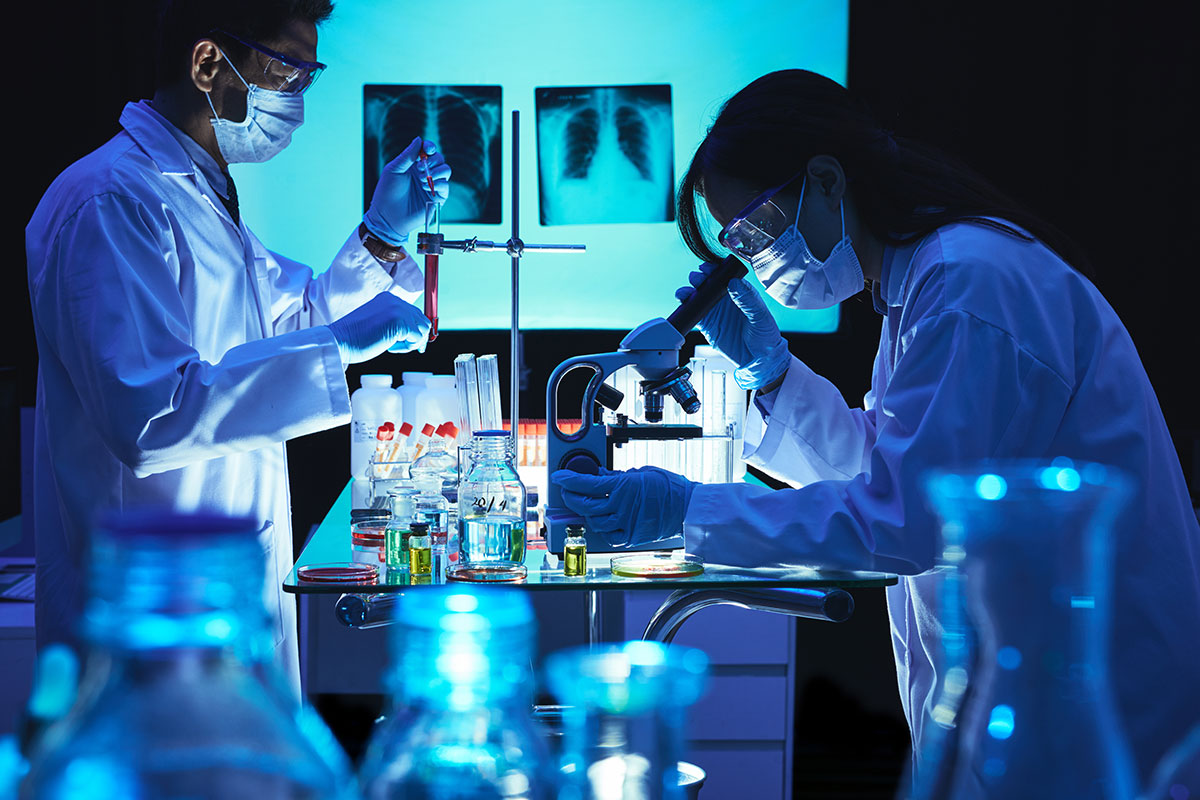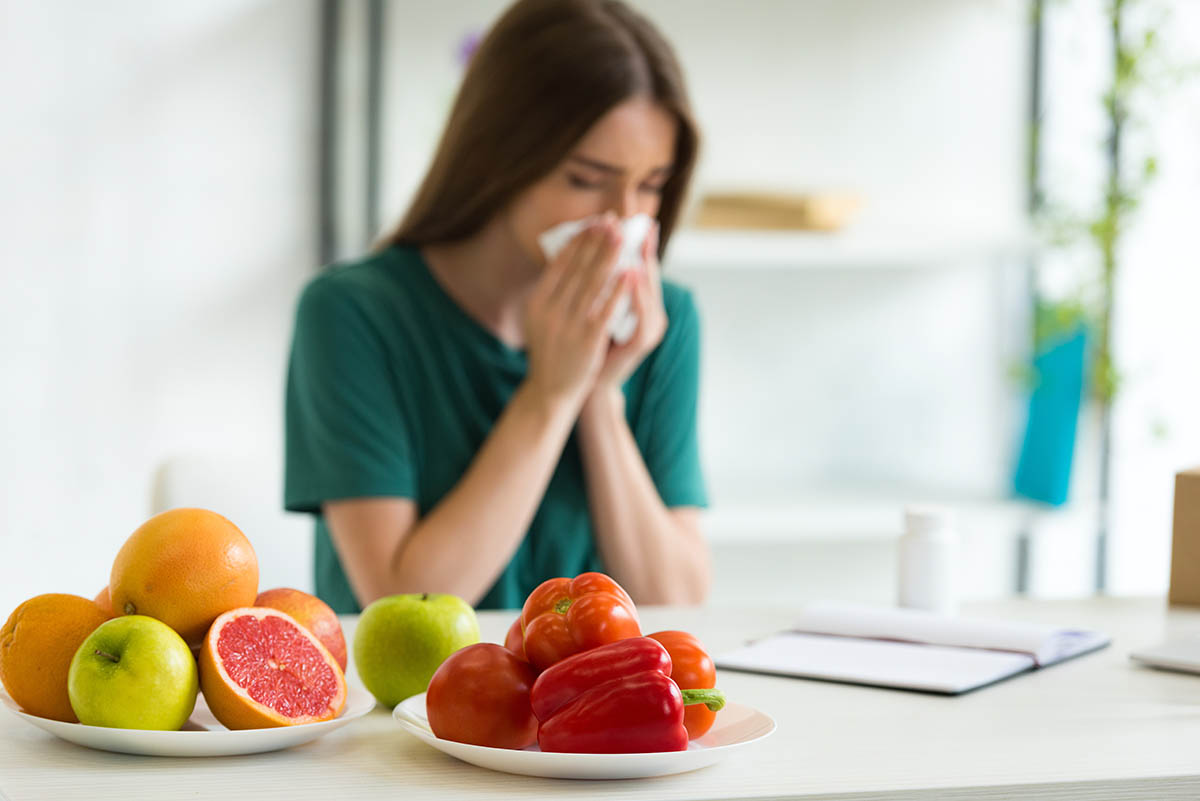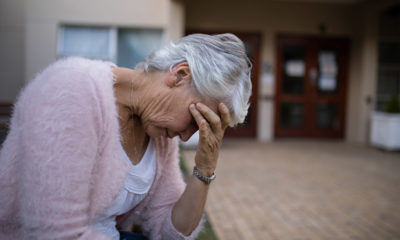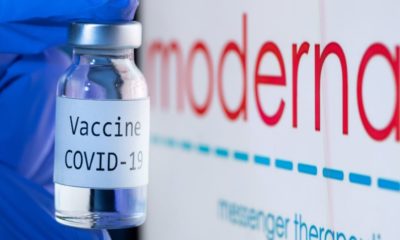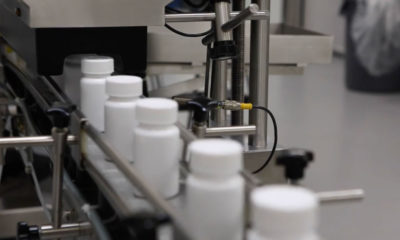Researchers at the University of Queensland say they have a vaccine ready for human trials which may be used to treat certain types of cancers. According to the research team, this could be a major breakthrough for cancer patients in the future.
Hope for Cancer Patients
The vaccine is made up of antibodies from humans, which are fused with a protein that is specific to the tumor. Researchers are attempting to find out if it can target cells in humans with the memory of the tumor cells. If the vaccine works, it could be used on blood cancers, such as various types of leukemia, along with non-Hodgkin’s lymphoma and multiple myeloma. It may also work for solid tumors, such as cancers of the lung, breast, ovaries, renal glands, and pancreas as well as for glioblastoma. These are some of the most common cancers diagnosed each year.
There are several benefits to the vaccine. One of the major advantages is that it would be a clinical grade formula, which means it is less costly to develop than vaccines that are patient specific. It would be more affordable for the average patient.
Another benefit is that the vaccine targets specific cells, which are necessary for immune responses to tumors. It would maximize the effectiveness of the vaccine while minimizing possible side effects.
Cancer Rates and Fatalities
The most commonly diagnosed cancer for 2019 was breast cancer, according to the American Cancer Society. For 2019, there were 271,270 expected new cases. Lung and prostate cancer follow next in line.
Lung, liver and pancreatic cancers have some of the highest death rates for diagnoses. With pancreatic cancer, almost all cases are fatal. At the other end of the spectrum, melanoma, thyroid cancer, and prostate cancer have a higher survival rate. The timeline for progression can vary based on the type of cancer. For example, some cancers can be more aggressive with a fast progression. Others progress slowly and can linger for years before causing death.
Many of these cancers are genetic with family history playing a significant part in the likelihood of a person developing the cancer. Others, like non-Hodgkin’s lymphoma, may be caused by other factors, including exposure to chemicals. For instance, with non-Hodgkin’s lymphoma, some studies like the cancer to exposure from glyphosate, the chemical found in weed killers like Roundup.
Some agencies have labeled glyphosate as a possible carcinogen. Many countries have banned the use of Roundup because of the possible link between it and cancer. More research is being done to determine if there is a link and how significant of a role it plays in the development of cancer.
With the possibility of a cancer vaccine on the horizon, it gives hope to those who are diagnosed with cancer as well as those who are at a higher risk due to genetics or exposure. Even with clinical trials ready to begin, it is likely to be some time before the vaccine will be ready for public use.

